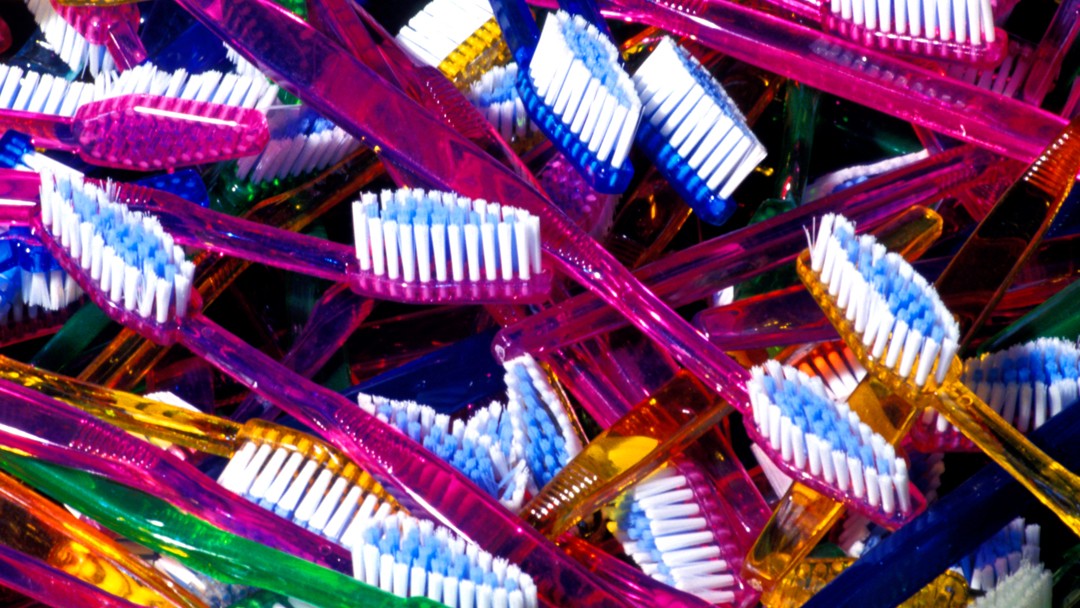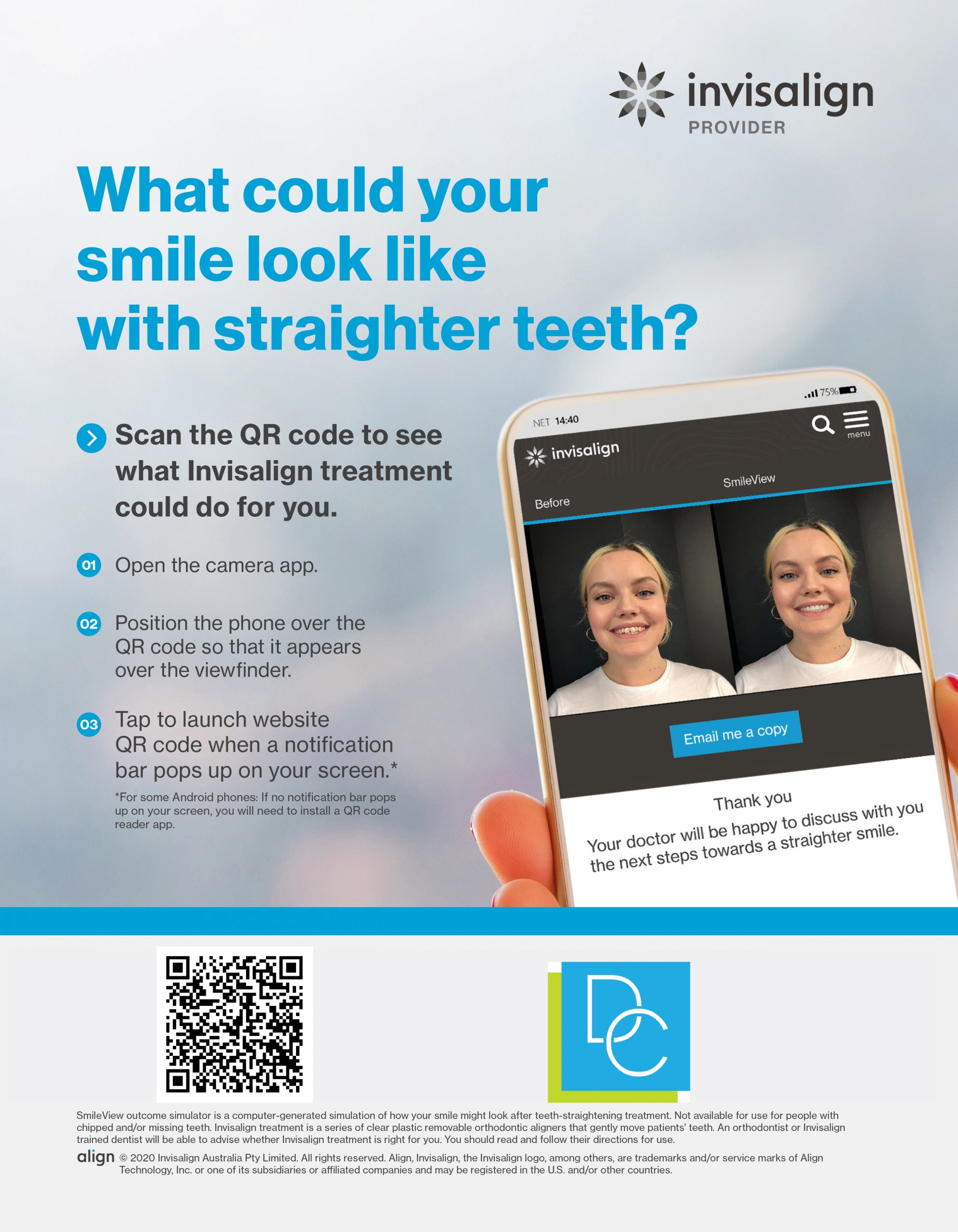- December 2023
- April 2022
- March 2022
- February 2022
- January 2022
- November 2021
- October 2021
- September 2021
- August 2021
- July 2021
- January 2021
- December 2020
- November 2020
- October 2020
- September 2020
- August 2020
- July 2020
- June 2020
- May 2020
- April 2020
- March 2020
- February 2020
- January 2020
- December 2019
- August 2019
- July 2019
- June 2019
- May 2019
- April 2019
- March 2019
- February 2019
- January 2019
- December 2018
- November 2018
- October 2018
- September 2018
- August 2018
- July 2018
- May 2018
- April 2018
- March 2018
- February 2018
- January 2018
- November 2017
- October 2017
- September 2017
- August 2017
- July 2017
- June 2017
- April 2017
- March 2017
- January 2017
- October 2016
- October 2015
- September 2015
- August 2015
Toothbrush Bristles: What Is Best for Your Teeth?
9 April,2018In the olden days, toothbrushes were nothing more than small twigs that were rubbed against the teeth to remove food and debris. As we progressed forwards, so did many of our practices, brushing teeth included!
The 1930’s saw the emergence of toothbrushes as we know it, and from there we developed it further to the vast range that is present in stores today. From various bristle strengths, to electric toothbrushes and even ones that sing back to us, the toothbrush has come a long way from twigs.
But, we will be taking it back to basics and evaluating what exactly is means by soft, medium and firm bristles and which is actually the best for brushing your teeth.
The Bristle Strength
With so many options available, it can be overwhelming to know what exactly is best for your oral hygiene. Of course, the bristle strength you choose usually depends on what you believe is needed for your oral hygiene care. With that in mind though, dentists tend to steer away from recommending harder bristles. This is because soft and medium brushes cause less damage to gum than harder bristles.
Why You Should Stay No to Hard Bristles
We already know that if you brush your teeth incorrectly, or fail to brush at all, it can have a negative effect on your dental health. There are various factors that make bad dental hygiene practices, such as the pressure you apply, the strength of bristles, and the quality of the toothpaste you use. If these are not working together, then you could leave behind damaging plaque and bacteria.
It goes without saying, but if you apply the same force brushing your teeth with a hard-bristled brush as you would a soft bristle brush, there would be some harsh damage. This is referred to as ‘traumatic tooth brushing’. A study in 2015 was looking as what happened to the gums when people brushed their teeth. One of the main contributing factors found to gum recession and lesions to the gum area was the bristle strength. The tougher the bristle, the more that was seen. Therefore, it may be wise to reach for the softer tooth brush options next time you’re replacing!
Your dentist will probably never suggest a hard toothbrush, even if it is your preferred choice. They are more likely to wear and tear the enamel of your teeth and gums, so with that in mind, they aren’t the best option available to you. If you need some more advice, talk to one of the dentists at Dental on Clarendon.


